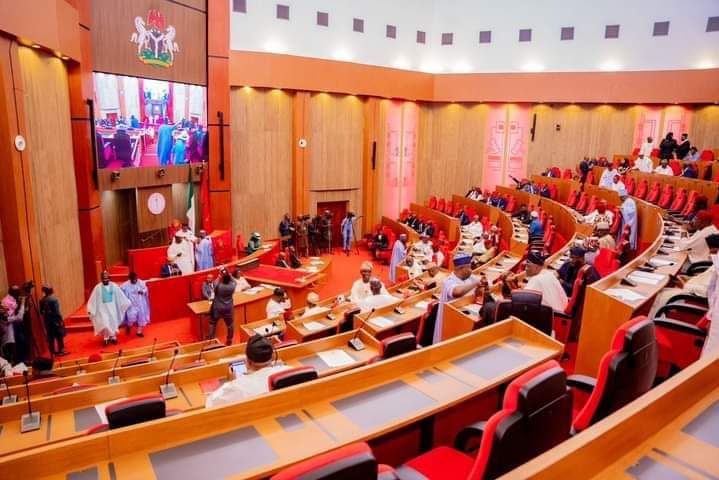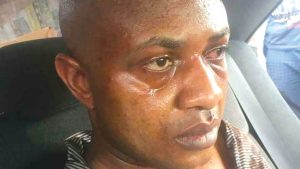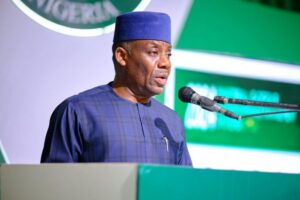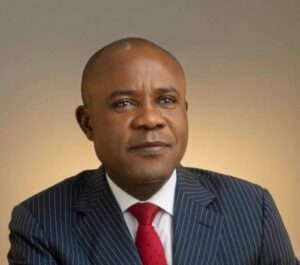
The Senate has resolved to hold a two-day National Security Summit in Abuja aimed at addressing the escalating wave of killings, kidnappings, and violent crimes across the country. The summit, expected to feature participation from all levels of government, traditional institutions, civil society, and security agencies, is part of efforts to craft sustainable solutions to Nigeria’s worsening security crisis.
The decision followed the adoption of a motion titled “Urgent Need for a National Security Summit,” sponsored by Jimoh Ibrahim Folorunsho (Ondo South) and co-sponsored by Titus Zam Tartenger (Benue North-West), Onyeka Peter Nwebonyi (Ebonyi North), and Osita Ngwu (Enugu West). Lawmakers expressed alarm over the spread of banditry, terrorism, kidnappings, and other violent crimes affecting communities nationwide. They argued that insecurity is crippling economic activities and undermining the effectiveness of security agencies.
The Senate noted that global factors such as the Russia-Ukraine war, US-China trade tensions, and shifting geopolitical landscapes are exacerbating insecurity and economic instability in Nigeria. Lawmakers referenced past political and security crises, including the Kano riot of 1953, the 1962/63 census crisis, and the 1983 general election violence, warning that with the 2027 elections approaching, proactive measures are necessary to prevent a repeat of history. The motion further called for a modernization of military communication strategies and the promotion of a national ideology of peace in alignment with President Bola Tinubu’s Renewed Hope Agenda.
Despite widespread support for the summit, some senators voiced skepticism over its effectiveness. Enyinnaya Abaribe questioned the Senate’s sincerity, citing past summits that yielded no significant results. He remarked that if the Senate truly wanted change, it would need to confront the issues head-on rather than repeat symbolic gatherings. Abdul Ningi echoed this sentiment, stating that repeated summits without tangible outcomes amounted to self-deception, urging the Senate to focus on actionable measures.
In contrast, Minority Leader Abba Moro advocated for exploring all options, noting that there is no “one-size-fits-all approach” to tackling insecurity. He urged the Senate to continue seeking solutions, even if past efforts had fallen short. However, Adamu Aliero warned of the emergence of a new terrorist group attacking parts of Kwara and Niger states, suggesting that the Senate should prioritize direct briefings from security chiefs instead of convening another summit.
In his closing remarks, Senate President Godswill Akpabio stressed that the summit would include delegates from affected states, traditional rulers, students’ unions, and security experts to ensure a comprehensive debate, emphasizing that “security is everybody’s business.”
The Senate also observed a minute’s silence for the victims of recent killings in Uromi (Edo State) and Billiri (Gombe State), while urging security agencies to prevent future occurrences. Lawmakers further called for the swift prosecution of the truck driver involved in the Easter killings and urged the Gombe State Government to compensate the victims’ families.






